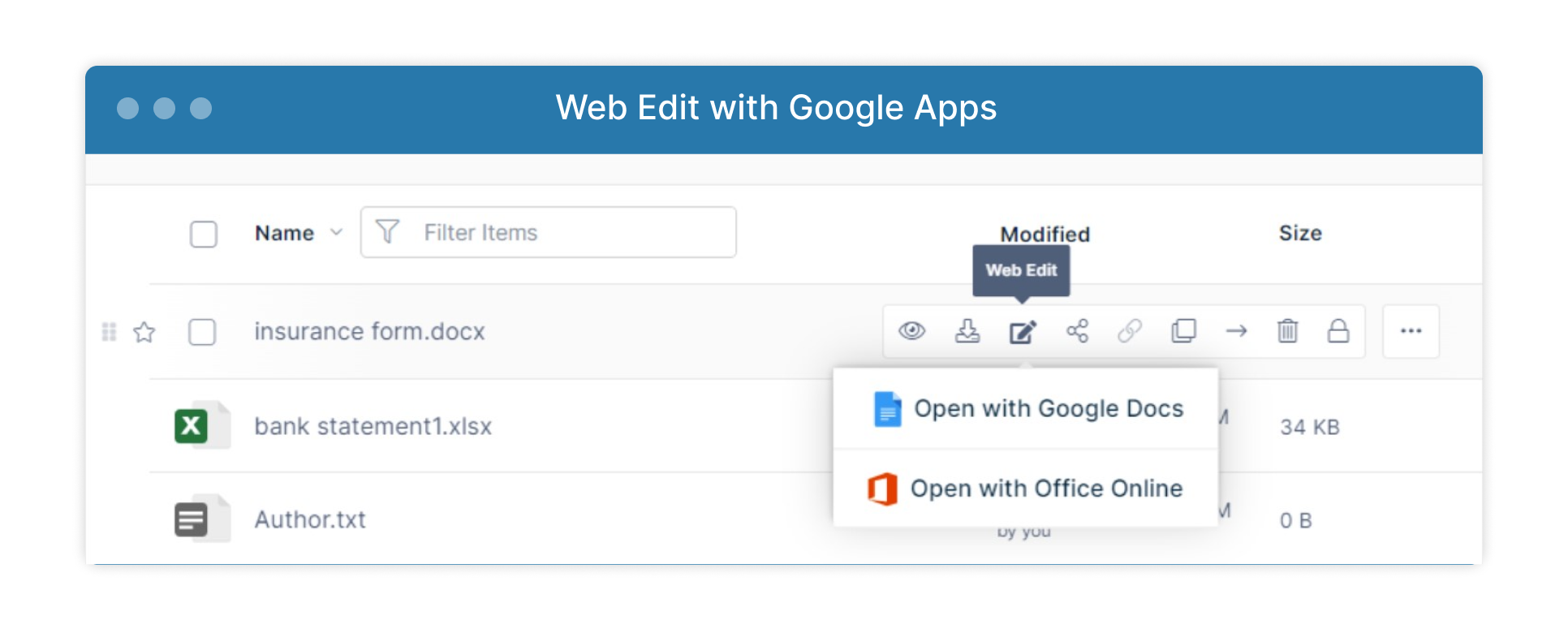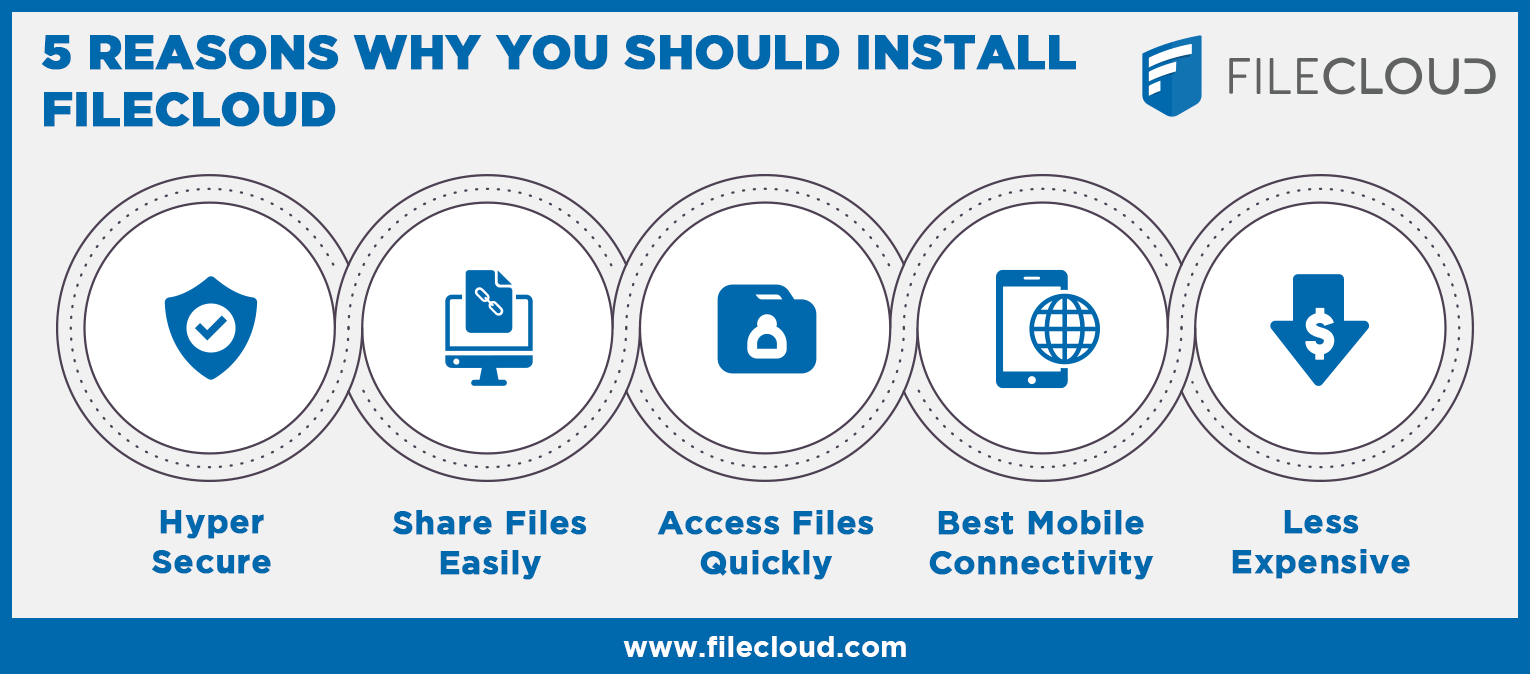FTP vs Cloud Storage: Main Differences Between FTP Server & Cloud Storage
From the early days of FTP (File Transfer Protocol) to the rise of cloud-based storage solutions, each method comes with its own strengths and limitations. This guide compares FTP vs cloud storage—highlighting how they work, where they overlap, and most importantly, how they differ when it comes to accessibility, cost, and security.
What Is FTP?
FTP is one of the oldest methods used to transfer files across networks. Built on a client-server model, FTP establishes two separate connections: one for control commands and the other for transferring data. Users typically authenticate using a username and password, although anonymous access can be permitted depending on server configuration.
While FTP is functional for transferring files, it lacks modern usability features like drag-and-drop interfaces, versioning, or collaboration tools. It also requires users to have FTP client software and often some technical knowledge to manage directories and permissions effectively.
What is Cloud Storage?
Cloud storage refers to storing data on remote servers accessed through the internet, as opposed to local or on-premises systems. It enables users to access, manage, and share files from any device, anywhere, using only a web browser or a mobile app.
Cloud storage solutions are designed with user experience, scalability, and collaboration in mind. Features like file sharing, syncing, version control, granular permissions, and integrations with productivity tools (e.g., Microsoft Office 365 or Google Workspace) make the cloud a more accessible and flexible option, especially for hybrid or remote teams.

FTP Server vs Cloud Storage Similarities
Despite their differences, both FTP and cloud storage serve the same fundamental purpose: transferring and storing digital files. Both can:
- Handle large files
- Be self-hosted or hosted by third parties
- Be configured for private or public access
- Offer automation capabilities (e.g., scheduled uploads/downloads via scripting or APIs)
However, cloud storage expands these capabilities into full-featured file management and collaboration environments.
3 Differences Between FTP and the Cloud
1. Mode of access
FTP: Access typically requires an FTP client along with server credentials. Accessing files remotely can be cumbersome and less secure if not configured correctly.
Cloud Storage: Easily accessible through any modern web browser or dedicated mobile/desktop apps. Users can log in securely using SSO, MFA, or access controls, often with support for federated identity.
2. Cost
FTP: FTP servers may have lower setup costs, but hidden expenses like IT maintenance, downtime, hardware upgrades, and security patches can add up over time.
Cloud Storage: While cloud subscriptions may seem more expensive upfront, they offer predictable pricing, lower overhead, and better ROI thanks to reduced IT workload and enhanced productivity.
3. Security
FTP: Standard FTP transmits data in plaintext, making it vulnerable to interception. Even FTPS and SFTP, while more secure, lack modern features like DLP (Data Loss Prevention), antivirus integration, or Zero Trust policies.
Cloud Storage: Offers end-to-end encryption, granular user permissions, audit trails, and data residency options. Modern cloud platforms meet strict compliance standards like ITAR, HIPAA, GDPR, and FIPS 140-2.

Which is a Better Option?
While FTP has served as a foundational file transfer protocol for decades, it’s rapidly becoming outdated in today’s digitally connected, compliance-driven, and remote-first world.
Cloud storage is the better option for most organizations—especially those seeking security, scalability, and ease of use. Here's why:
- Anywhere, Anytime Access: Cloud storage supports seamless access across devices and platforms, eliminating the need for specialized FTP software.
- Stronger Security & Compliance: End-to-end encryption, advanced access controls, DLP, and support for compliance frameworks like ITAR, HIPAA, and GDPR.
- Collaboration & Productivity: Real-time file sharing, version control, and integrations with tools like Microsoft 365 and Outlook accelerate team workflows.
- Lower IT Overhead: No need to manage on-prem hardware or manual updates. Cloud solutions simplify infrastructure while boosting uptime and efficiency.
- Modern Features: From automatic file retention policies to AI-powered metadata tagging, cloud storage offers intelligent data management far beyond FTP's capabilities.
Why Organizations Choose File Cloud Over FTP for Secure Collaboration
FTP was once a go-to method for file transfers, but in today’s security-conscious, remote-enabled world, it falls short. FileCloud offers a secure, private cloud alternative—giving organizations greater control, flexibility, and compliance capabilities.
- Secure and Compliant by Design
File Cloud runs on your infrastructure or private data center, governed by internal IT policies. It supports compliance with regulations such as HIPAA, GDPR, ITAR, and PCI DSS, and helps meet strict data residency requirements.
- Simplified File Sharing
Unlike FTP, File Cloud provides an intuitive interface for secure, real-time collaboration. Users can share documents with external parties easily, manage permissions, and track file activity without relying on IT.
- Access Anywhere
File Cloud supports access from desktops, mobile devices, browsers, and via WebDAV or virtual drive. Users can sync files across devices and work offline, with changes synced automatically when reconnected.
- Strong Mobile Support
File Cloud’s mobile apps for iOS, Android, and Windows provide full access to files and folders, allowing users to view, edit, and share documents from anywhere—without compromising security.
- Cost-Effective at Scale
Organizations using File Cloud save significantly compared to traditional SaaS providers. A business with 500 users can save up to $42,000 annually, while gaining greater control and deployment flexibility.
Learn more about replacing FTP with FileCloud by contacting an expert today.

FTP vs Cloud FAQs
How do I migrate from FTP to cloud storage?
Migrating from FTP to cloud storage involves selecting a secure platform (like File Cloud), setting up user permissions, and transferring files via FTP client or automated scripts. Many EFSS solutions offer tools or APIs to help streamline the move from FTP to the cloud.
Can I use a cloud-based FTP server?
Yes, some platforms offer cloud-based FTP server functionality, allowing users to connect via FTP protocol while still benefiting from cloud infrastructure. FileCloud supports WebDAV and SFTP access, enabling similar workflows in a modern, secure environment.
What’s the best option: online storage with FTP access or full cloud storage?
Online storage with FTP access is useful for legacy workflows, but full-featured cloud storage solutions provide better security, collaboration tools, and access flexibility. For most organizations, full cloud storage offers a superior long-term solution.
How does FTP compare to cloud storage in terms of security?
FTP transmits data in plaintext unless encrypted with FTPS or SFTP, making it vulnerable to interception. Cloud storage, on the other hand, provides built-in encryption, audit logs, two-factor authentication, and compliance with industry standards like HIPAA and GDPR.

By Team FileCloud